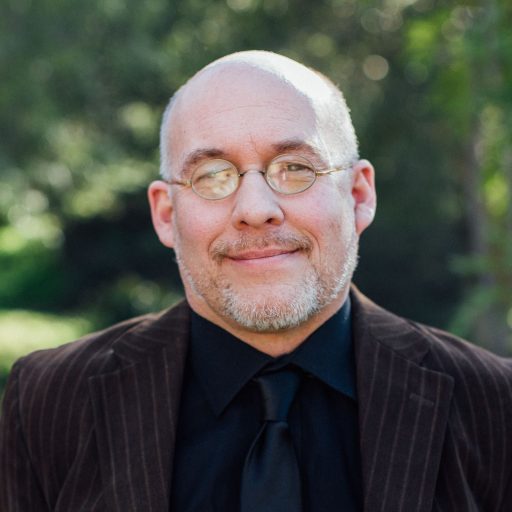
Grant Horner
Grant Horner (PhD) is a senior rank Full Professor of Humanities at The Master’s University, just north of Los Angeles, where he specializes in the Renaissance, Reformation Historical Theology, Art History, and Classics.
He was educated at Duke, UNC Chapel Hill, the University of Alabama, and Claremont Graduate University. He has been teaching at the university level for 30 years, and has published numerous articles and books on Renaissance literature; 16th and 17th century theology; the Puritan John Milton; Classical learning; Bram Stoker’s Dracula; and film and theology.
He is a National Council Alcuin Fellow in the Society for Classical Learning, and is Founder and Director of two academic programs at Master’s: The TMU in Italy summer abroad program based in Florence, and the BA program in Classical Liberal Arts. He lives in northern Tuscany every summer with his wife and a group of very eager students, in a villa built in 1409. He and his wife have three children and eight grandchildren.
2024 Speaker Topic
The Experience of the Sublime
Building on Longinus’s classical theory of the sublime in nature and art as “that which transports us out of ourselves,” I will make a case that this kind of exceptional and disorienting experience of beauty, awe, terror, and the infinite is actually a quintessentially theological experience—one that, when handled properly, will set the classroom (and the students’ souls) on fire for truth, goodness, and beauty.
Panelist: The Canon of Great Books (Part I and Part II)
Of making many books there is no end,” Solomon warns in Ecc. 12:12. As educators we interact with books all the time, and much of our interaction with students centers around leading them through various books. A number of questions immediately arise: Which books? To what end? Is there a “canon” of “great books”? What makes a book “great”? What criteria should we use to select the books we assign? What measure of respect is properly due to these books? In order to address these important questions, ACCS has invited three scholars to offer a panel discussion on the “canon of great books.” Each panelist will present a paper followed by responses (and perhaps challenges) from the other two panelists. Following their papers and responses, there will be time for audience questions and conversation.
